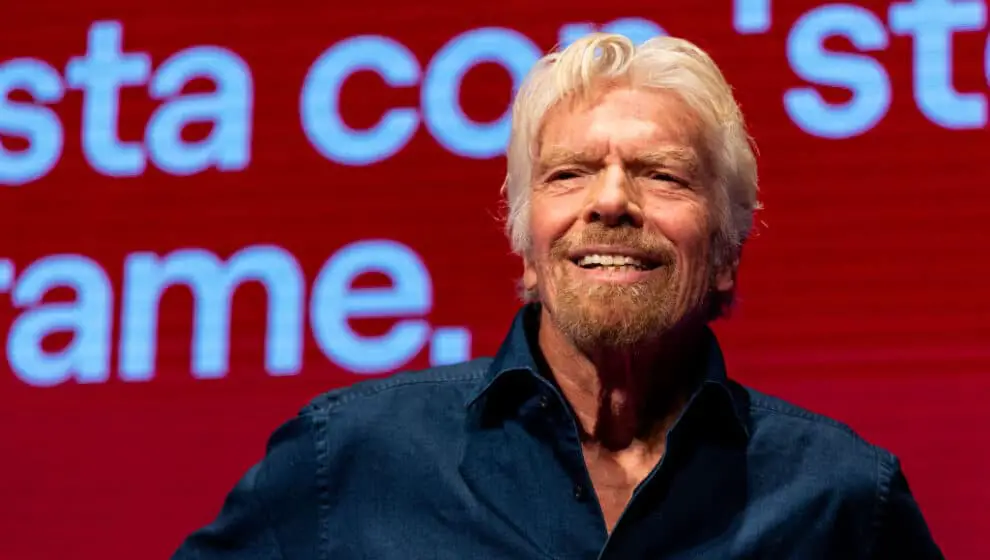Virgin Group founder Richard Branson’s business portfolio stretches across multiple sectors, all because the British entrepreneur follows one guiding principle—if a business is being run poorly, he can run it better.
Key Details
- Branson founded Virgin Group in the 1970s, and it now controls more than 400 companies in fields ranging from airlines to hotels to music.
- The Virgin Group started with Branson’s desire to start a record company, but the following leaps into other industries came after Branson decided to improve sectors where he saw flaws.
- He started Virgin Air after getting bumped from another airline and chartering a flight for all the other passengers.
Why it’s important
While Branson had success with his original record label, Virgin Group could not have grown to the success it enjoys today without Branson’s eye for industries that needed improvement. Branson established his fledgling companies and out-competed big brands by looking for struggling areas and doing business right with his customers.
Virgin Airlines came about after Branson was frustrated by being bumped from a flight on another airline, he tells David Rubenstein in an interview. When Branson realized he would miss his flight, he booked a private plane. He then went around to all the other passengers who had been bumped and offered them passage—for a price.
After fully booking the plane, Branson decided to make Virgin Airlines a permanent fixture. He secured a used Boeing 747 and began competing with big airlines like British Airlines. Today, the Virgin Atlantic fleet has a mix of Boeing 787s and Airbus A350s, making what the company calls “one of the youngest and cleanest in the skies.”
“The only reason we would go into another sector is if we felt it was being badly run by other people,” Branson explains. “In every new sector that we’ve gone into, we’ve seen a gaping gap in the market where the big guys have not been doing it very well and where we can come in and shake up an industry.”

